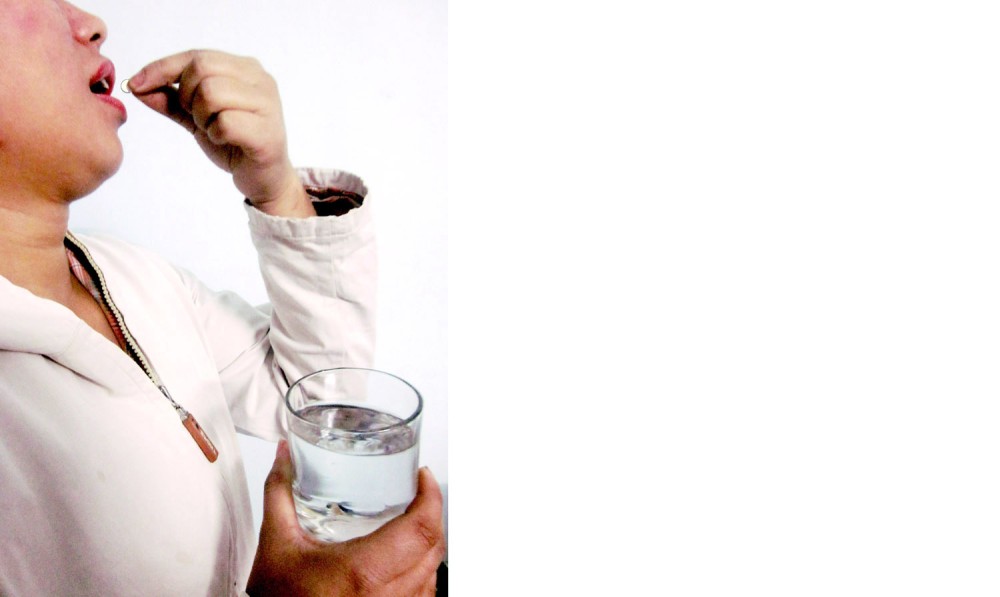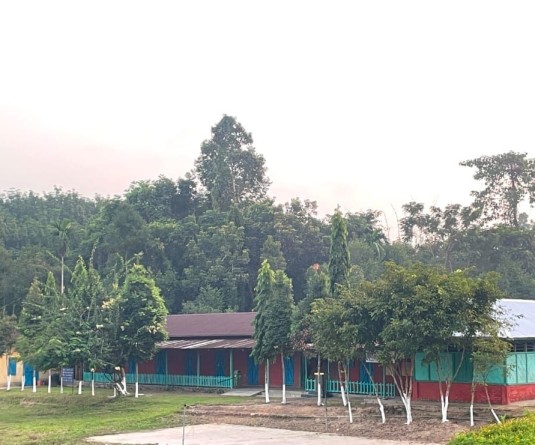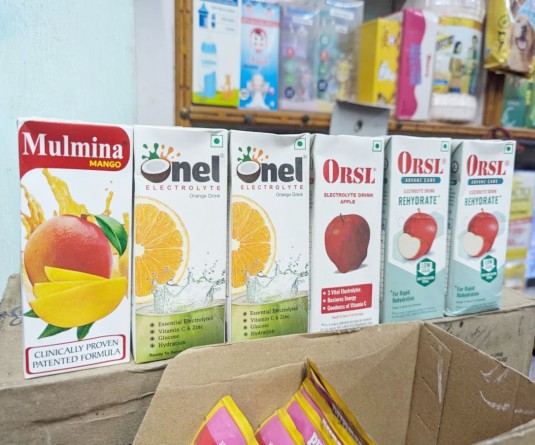
Yupangnenla Longkumer
Morung Express Feature
Dimapur | January 27
Self-prescription – the practice of taking or administering medications without consulting a qualified medical practitioner – is very common among the Nagas. People tend to take mediations without consulting a doctor, not realizing that self-prescriptions could lead to serious health complications in the long run. Another practice is acting “doctor” by referring medications to family members, friends or neighbors, which might cause serious ailments or even to the extent of taking life because a drug that works for a person may not work for another.
Medicines usually have side effects that one may not know. Doctors prescribe drugs that help reduce the adverse effects. Journals written from medical practitioners say that if a person takes excess painkillers without consulting a doctor, it may result in physical and psychological dependence and steadily lead to addiction. Overdose of antibiotics result in antibiotic resistance (The bacteria becomes resistant to the drug).
Dr Lanusungkum Jamir, an HIV consultant and a physician at Fellowship Nursing Home in Dimapur said people take medications for fever, blindly. It will suppress the symptoms but not kill the disease, Dr. Jamir said. By the time one consults a doctor, it is difficult for the doctor to diagnose the real ailment. “To cure a disease you have to know what has caused it,” he said.
Elaborating, Dr. Jamir noted Chloroquine which people take assuming that they have malaria. When they see a doctor the symptoms are being suppressed by the drug so the doctor is unable to diagnose the disease and later the patient has severe complications.
In the case of an HIV infected person, Dr Jamir said, one needs to follow the dosage of drugs as prescribed by the medical practitioner. If he under-doses himself, the virus will multiply rapidly in the presence of the drug which will make the virus immune. Later, the patient will stop responding to treatments. Further, Dr. Jamir said, if a person is an alcoholic and takes a painkiller severe reaction to the alcohol would be caused, causing rashes on the body, bleeding, respiratory problems etc.
Exploring more on the abuse of drugs by Naga citizens, a general practitioner at Zion Hospital and Research Centre, Dimapur (who did not wished to be named) said the most commonly abused drugs are painkillers; most of them have side-effects in long run. Overdose on painkillers cause gastric ulcers, internal bleeding and kidney failure, the medical practitioner said.
Ambicillin and metronidazole, for instance, are the most misused antibiotics in Nagaland, he said.
According to physician, most Nagas assume their ailments and resort to own and self-prescribed medications without consulting qualified medical personnel. “A person with a backache concludes that he has kidney problem. Whereas most of the Nagas have backaches because we are manual workers,” he quipped. On the intake of antibiotics, he said a person needs to complete the full course of prescribed antibiotics. However, most Nagas stop taking the drug as soon as they feel better, which makes the disease resistant to the drug. He added that people with blood pressure need to religiously continue with the prescribed drug and not just pop in the pill when he feels dizzy. Not following the dosage routine would cause a rebound, leading to stroke. Concerning diabetic patients, he said most patients overdose themselves. Taking an extra pill after a heavy meal would only decline the sugar level further and may lead to coma.
Another misuse of drugs is TB drugs. A TB patient must continuously take the medications for six to nine months but some people discontinue after two months when they stop coughing out blood, leading to Multi Drug Resistant TB. The second phase treatment is expensive and has less chance to cure the disease, the general practitioner said.
Concerning jaundice patients, he said Nagas rely on “self treatment or going to the koberas” (Quacks – fake and unqualified medical practitioners) without knowing the actual cause of the disease. He advised people to consult a doctor rather than experimenting which might cost them their life later. He also cautioned that pregnant women who have medical conditions should see a doctor because certain drugs may affect the fetus. Especially on the first three months of pregnancy, a woman has to be careful of what drug she takes.
The general practitioner pointed out that people in search of instant cures for joint pains overdose themselves with Ayurvedic preparations not realizing that it will cause further complications.
He said certain Ayurvedic preparation – “Pain Nil”, which claims to cure joint pains for instance – has flooded the market and many people depend on it. The doctor said that the medicine eases the pain but the patient becomes dependent on it and later lead to Cushing’s syndrome. The practitioner said he had to refer some of his patients to Guwahati for further treatments for it. Also, there were cases where two of his patients were victims of lead poisoning after taking Ayurvedic preparations. The medical doctors emphasized the necessity of consulting a doctor rather than self-treatment and causing more harm to the body.






